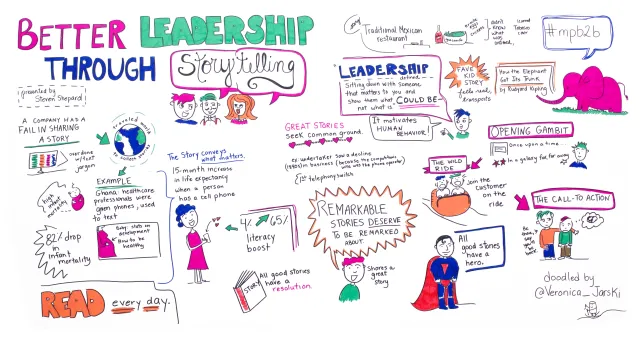In today’s fast-paced business environment, leaders often prioritize immediate results over introspection. However, reflective leadership—an approach that emphasizes self-awareness and continuous learning—has emerged as a vital skill for effective decision-making. By regularly evaluating their actions and thought processes, leaders can gain deeper insights into their behaviors and their impact on others, leading to more informed and empathetic decisions.
Drawing from my experience as an executive coach, I’ve observed that leaders who engage in reflective practices are better equipped to navigate complex challenges. Techniques such as journaling, seeking feedback, and mindfulness meditation enable leaders to pause and consider the broader implications of their choices. This deliberate introspection fosters emotional intelligence, enhances communication skills, and builds trust within teams.
Organizations that encourage reflective leadership often experience improved collaboration and innovation. When leaders model self-examination and openness to growth, they create a culture that values continuous improvement and adaptability. Incorporating reflection into leadership development programs can thus be a strategic move to cultivate resilient and forward-thinking leaders.






